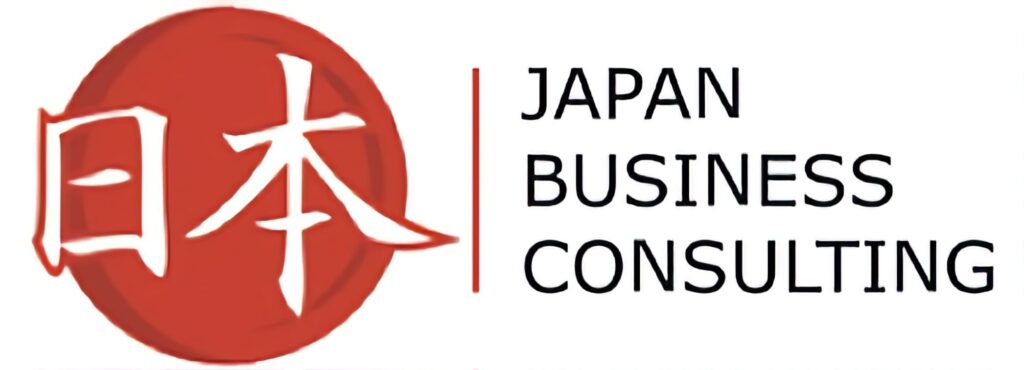What is the best way to enter the Japanese Market?
Written by Erich Ahorner Mar. 11th 2020

When you are confident of your market potential in Japan, the next step is to find out the best way how to get there. This article will cover some information you will need to consider when you plan your market entry strategy.
The key question most exporters ask themselves is 'can we do this ourselves, or do we need a local partner to make it in Japan'. Although in the past, Japan’s traditional business culture would have usually involved multiple layers of intermediaries until your products or services reached end-users, this business style has changed over the past decades. Appreciation of cost cutting, easier communication and a rise in English-capable employees has increased the potential for entering Japan directly yourself.
That being said, the majority of small and medium overseas companies still enter with the support of local partners.
Going Direct (Doing it by yourself)
A minority of companies enter the Japanese market by themselves. It can work for your company – this depends very much on the nature of your business and your considerations around the risks versus benefits of such an approach.
Going direct involves you supplying your products or services to your clients without involvement of any intermediaries. This way, you will gain knowledge of who you are selling to, obtain end users’ direct feedback and understand customer needs better; cutting-down the number of middlemen also enables a better price for your customer and a better margin for you.
However, you will need to be prepared to deal with a large amount of communication with the client directly in Japanese leading to potential communication difficulties and misunderstandings.
Nevertheless, this way can work efficiently with corporate clients that are fluent in English and/or where the issue is very technical or specific (e.g. drug licensing to pharmaceutical companies).
Using a Local Partner
The majority of companies that enter the Japanese market do so through a Local Partner.
There are three main ways to go about this:
1. Indirect business with clients via an agent
You will talk to an agent and they identify your potential clients for you. Generally speaking, they operate small scale and have specific industry expertise and do not hold any stock. These agents can be based in Japan or the elsewhere. For example, this works efficiently in case of identifying licensing partners of specific technologies in the ICT sector.
If you manage to identify the most suitable person for your business, it can turn out to be very effective, but finding the right intermediary is not an easy process; strong and proactive management of this relationship will be important.
2. Indirect business with clients via non-exclusive distributor(s)
You may talk to more than two distributors at any time. As they identify and speak to your end-user clients, the potential for communication issues or misunderstandings will be less than talking to your clients directly.
You should keep in mind, that your distributors could approach the same end-user client and introduce the same products for a different price. Allocation of different products or regional coverage to each distributor may be an option, but might sometimes not work as most Japanese distributors with an import function operate nationwide.
3. Indirect business with clients via sole-representative:
You will select and appoint one Japanese distributor as your sole-representative. At the outset you will discuss all aspects of your business in Japan with them, including identification and selection of appropriate clients, and product / service marketing (e.g. price and brand image controls).
This will be the simplest way of doing business with Japan, but if you find their performance unsatisfactory and decide to terminate, this can bring complications as you untangle yourself from the relationship. Just as appointing a sole agent above, finding the right company for you is not an easy process – and strong, proactive management of this relationship will be important.
Identifying the right partner
In general, you will need to invest time and energy into finding the right partner in Japan if you are to give yourselves the best chance of success in the market. Like most of Asia, Japan is a business culture built on relationship-building and nurturing.
You will wish to assess potential partners’ appropriateness from various aspects including following points:
- Their Sector knowledge, experience and evidence of a clear marketing strategy (short-mid-long term)
- Their Network in Japan with prospective end-user clients
- Their Market coverage – are they nationwide or regional?
- The Language skills you can call on
In addition, if your products or services are subject to specific regulations (e.g. medical devices, cosmetics, footwear, financial services, etc), you will wish to check your potential partner’s level of expertise with handling regulatory affairs. The presence of a person or department in charge committed to regulatory issues may be one way to judge this.
Partnership Options
Although similar to other markets, and of no surprise to those who export elsewhere, there are a variety of partnership options available when you do business with Japan:
- Export of finished products to Japan
- Contract manufacturing at your production site to Japanese client’s specifications
- Licensing including brand licensing and technology licensing
- R&D collaboration
- Cooperation agreement involving Japanese and overseas companies’ marketing of their products and services each other in their own sales territories
And finally…
When you speak to potential partners, you should be aware that it will be a two-way assessment: it is not only you who will be trying to assess suitability; they will be assessing you too.
Japan is a very competitive, sophisticated and information-oriented market.
The right partner can make all the difference.
But Japanese partners can be discerning and there may be a host of issues which prevent them from entering into a partnership which on the surface may not look obvious for you.
You should be sensitive to their concerns, answer their detailed questions patiently and promptly, and come to these meetings prepared to provide information and strong unique selling points in the best way possible. See the the Business Etiquette blog post for more on how to do this.

Erich Ahorner
Erich Ahorner helps people enter the Japanese market and grow their businesses. He is an expert at helping people with market entry using online and offline methods and trying to break down necessary steps to make things simple to understand. If you're interested in growing your business or entering a new market to and increase sales then definitely reach out and request a free strategy session today.
Menu
